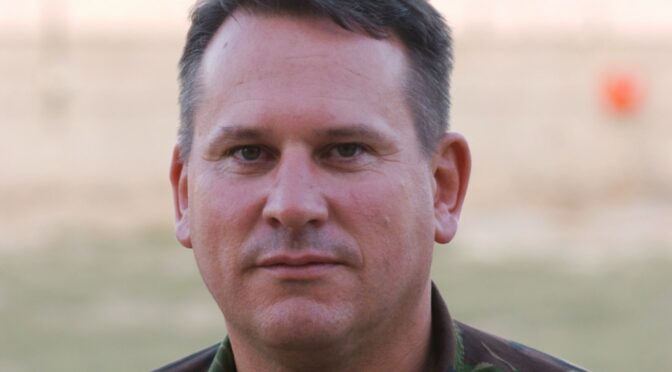Article published in The Jerusalem Post, 28 March 2015.
By RICHARD KEMP, CHRIS DRIVER-WILLIAMS, JOSEPH RASKAS
Legislators weighing a vote on whether to curtail or continue sanctions against Iran should view the nuclear talks in the context of the regime’s continued confrontation with the West – like Iranian leaders do.
Since the Islamic Revolution in 1979, Iran has consistently responded to American overtures of peace with brutal force. When Ayatollah Khomenei sensed weakness in president Jimmy Carter, he increased hostile actions toward the US.
Now, when Washington is downsizing the production of aircraft carriers, Tehran is conducting exercises to blow them up.
Iran’s militant Islamic creed promotes confrontation with the West. Immediately after 9/11, some in the policy community suggested the US and Iran shared a mutual interest in stabilizing the region. Only later, when it was irrefutably discovered that Iran was facilitating both sides of the conflict and funneling weapons to insurgent groups that killed US and allied troops, did the idea fall into disfavor. It should not be forgotten that Iranian-sponsored attacks killed an estimated 1,100 US soldiers in Iraq between 2003 and 2010.
Currently, the US is conducting air strikes in Iraq and Syria in effective cooperation with Iran’s Revolutionary Guard to dislodge marauding Sunni militias.
Yet, depending on further US action in Iraq and Syria, Iran will likely resume proxy attacks against American troops.
Because Iranian foreign policy is driven by bellicosity toward the US, it is by definition impossible for Iranian leaders to abandon hostility against the West without undermining the raison d’etre of the Islamic regime.
America’s traditional Sunni Arab allies have cast doubt on whether or not Washington is serious when it comes to combating Islamic fundamentalism in the Middle East. They view US policies as accommodating, rather than confronting, Iranian behavior.
In Egypt, hitherto US support for the Muslim Brotherhood and its deposed leader, Mohammed Morsi, is perceived by moderate Sunni states as bad policy implemented for bad reasons. Current Egyptian president Abdel Fattah Sisi has expressed bewilderment over the lack of American support for his government’s battle against the Iranian-funded Hamas terrorist group in the Gaza Strip and against radical Islamic groups taking up arms in the Sinai Peninsula. Continue reading →

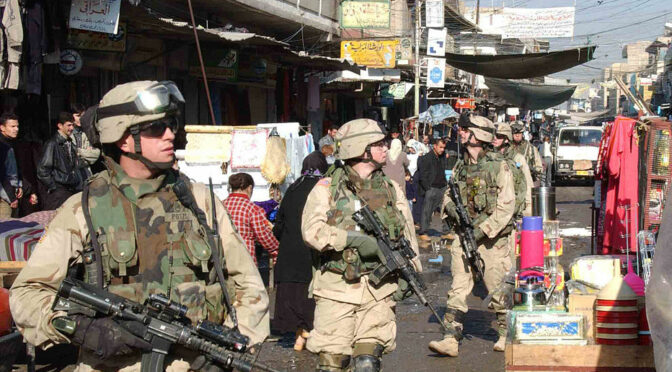

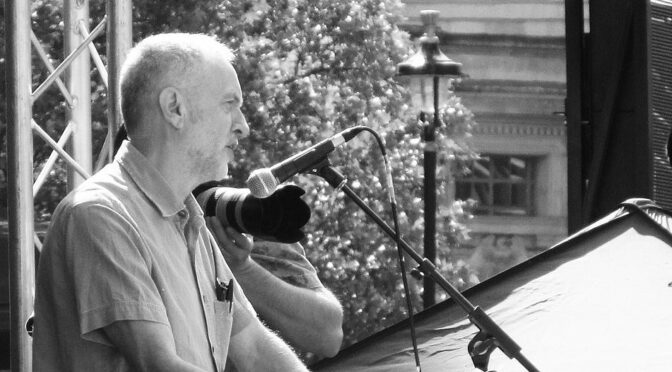
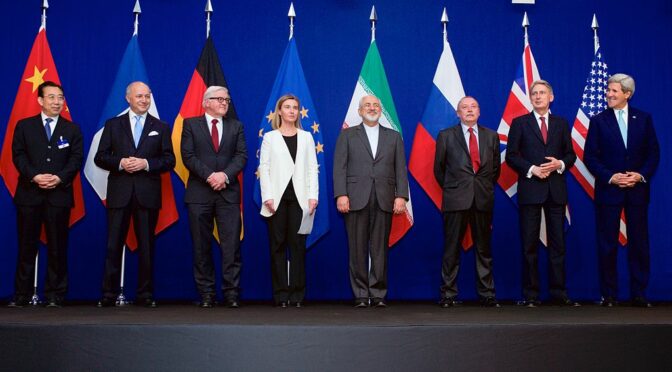
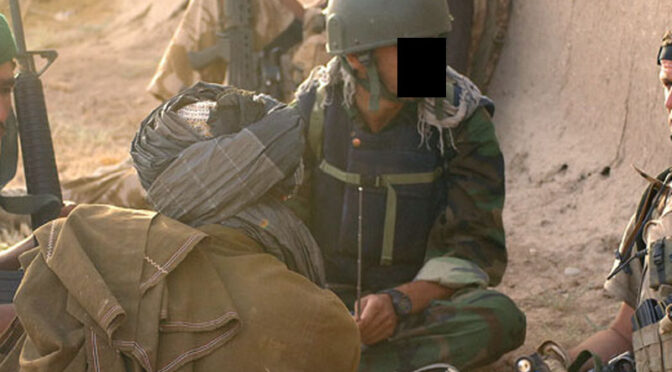
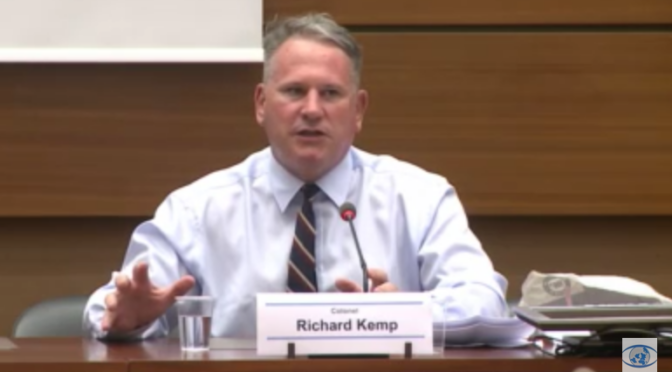
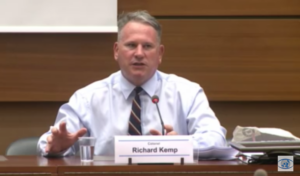 et zones, Hamas forced them to remain in those areas.
et zones, Hamas forced them to remain in those areas.